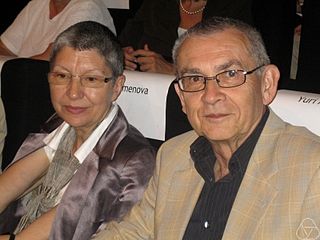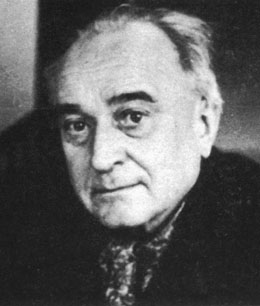A Quote by Thomas Hobbes
Time, and Industry, produce everyday new knowledge.
Related Quotes
We want to see...the efficient production and use of energy, so that the products we produce and the way we produce them pose no threat to the world's natural environment...economic development...so that more and more of the world's population can enjoy...the things which the energy industry supplies...(and) a society in which ideas and knowledge move freely.
But what parent can tell when some . . . fragmentary gift of knowledge or wisdom will enrich her children's lives? Or how a small seed of information passed from one generation to another may generate a new science, a new industry-a seed which neither the giver nor the receiver can truly evaluate at the time.
Let's call this then, only half facetiously, a new patristic, in which the intellectual is charged with the task not only to denounce error and unmask illusions, and not only to incarnate the mechanisms of new practices of knowledge, but also, together with others in a process of co-research, to produce a new truth. -- Commonwealth, 118
Of the properties of mathematics, as a language, the most peculiar one is that by playing formal games with an input mathematical text, one can get an output text which seemingly carries new knowledge. The basic examples are furnished by scientific or technological calculations: general laws plus initial conditions produce predictions, often only after time-consuming and computer-aided work. One can say that the input contains an implicit knowledge which is thereby made explicit.
In India there was a sense of time that does not tick with modern clocks, just as there is a knowledge that is not gained through science and empirical experiments. In the modern West knowledge is of objective, finite particulars in historical time. India recognizes that kind of useful information: it calls it "lower knowledge." Higher knowledge (paravidya) proceeds differently, or rather it doesn't proceed at all but enters history full-blown on the morning of a new creation.
We should not be content to say that power has a need for such-and-such a discovery, such-and-such a form of knowledge, but we should add that the exercise of power itself creates and causes to emerge new objects of knowledge and accumulates new bodies of information. ... The exercise of power perpetually creates knowledge and, conversely, knowledge constantly induces effects of power. ... It is not possible for power to be exercised without knowledge, it is impossible for knowledge not to engender power.
We have new media, new forms of connectivity, and an enormous transference of knowledge. When you study evolution, you see that when new genes meet and multiply, they create new contexts and new species. In a sense, the gene-pool of knowledge and of people connecting at all levels is literally spawning a kind of mind-pool of possibilities.








































